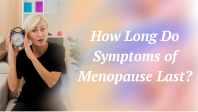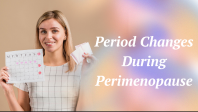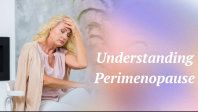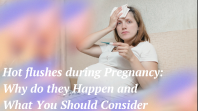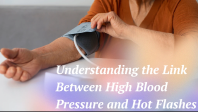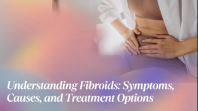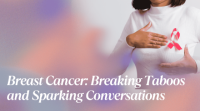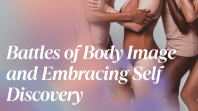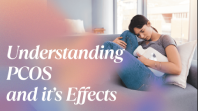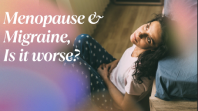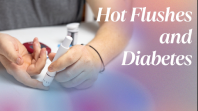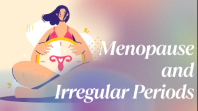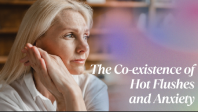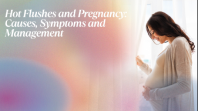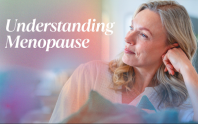Body Image: Tips to Overcome Negative Effects and Embrace You
July 26, 2024
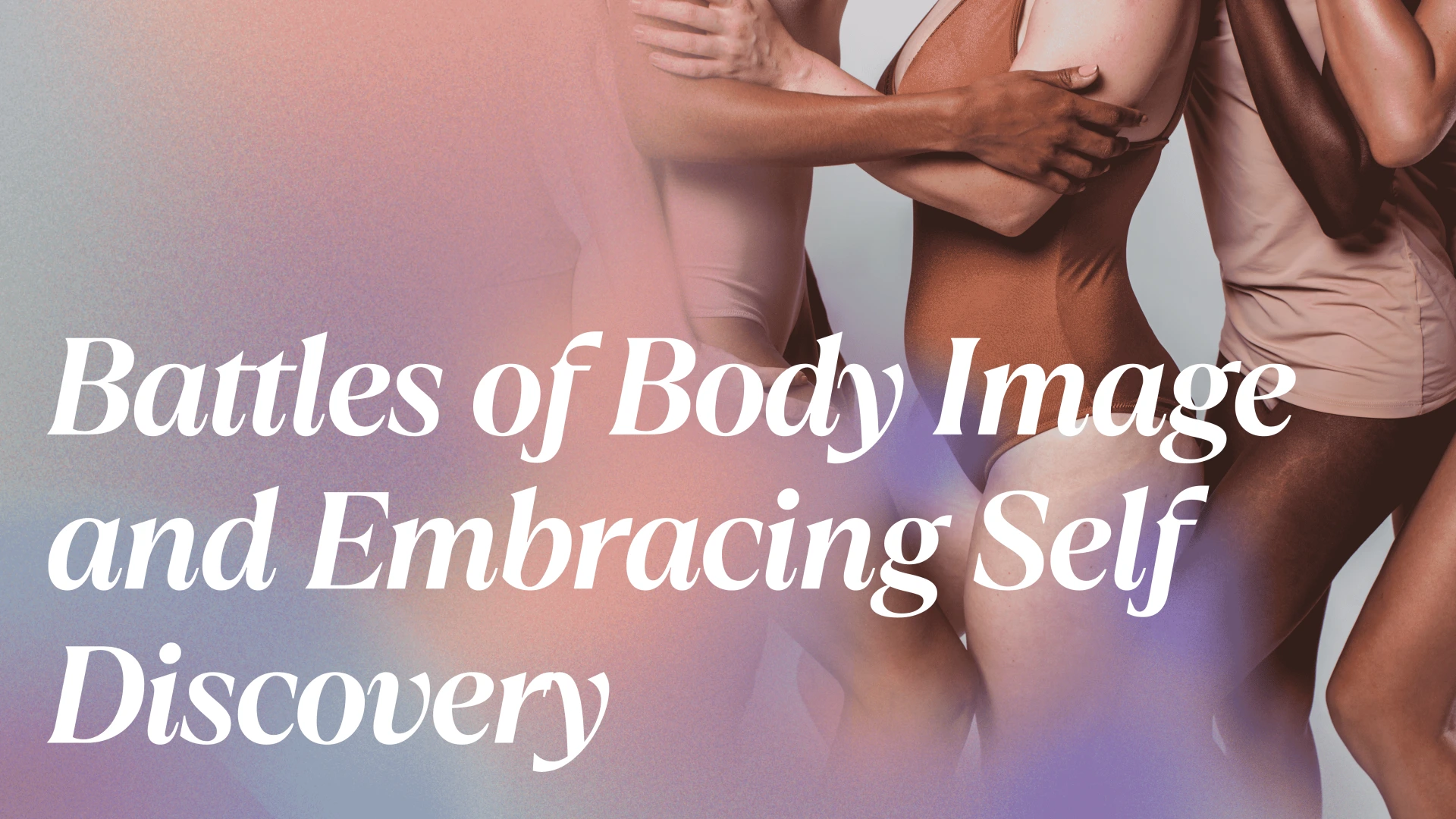
“Just reduce ten more pounds, and you’ll look stunning”, that’s what we’ve been hearing since ages, putting us in a place of dissatisfaction concerning the way we look, which in turn leads women to go to extreme heights attempting to change their bodies.
The ‘Look and Feel’ Effect: How Your Body Image Affects the Way You Think
More than 60% of women consider body weight as one of the key factors in defining the way they feel about themselves, making them dissatisfied with their body image. For women and adolescent girls, body size and body weight are often viewed as defining aspects of their identity.
Certain women may perceive their bodies as flawed if they are unable to consistently fit into a predefined size, leading to a negative impact on their self-esteem and self-worth. Societal norms have turned body image into a core part of one’s identity, affecting their perception of a “normal” self-image and making them strive to fit a certain mould in order to find acceptance within their social circles.
Societal Pressures and Their Impact
In today’s society, women and young girls navigate a landscape where their bodies hold significant sway over their sense of self. Constantly bombarded by media messages promoting weight loss and showcasing unrealistic beauty standards, they find themselves immersed in a culture that values thinness above all else.
From television ads offering the latest diet products to the rapid growth of plastic surgery trends, the pressure to conform to these ideals is relentless. Research suggests that young girls are exposed to hundreds of media images daily, further fueling body dissatisfaction and insecurity about their appearance. It’s no surprise that many women and girls feel compelled to alter their bodies in pursuit of self-esteem, with only a small fraction describing themselves as “beautiful.”
Consequences of Body Image Issues
This relentless pursuit of an idealised body image takes a toll, leading to a surge in eating disorders and other destructive behaviours. Trapped in a cycle of body hatred, women and girls struggle to break free from the suffocating grip of unrealistic beauty standards.
While a significant number of women express dissatisfaction with their bodies, for many, this discontentment leads to more complex body image challenges, including:
- Body Dysmorphic Disorder (BDD) – A mental health condition where individuals obsess over perceived flaws in their appearance.
- Anorexia Nervosa – An eating disorder characterised by an intense fear of gaining weight and a distorted body image.
- Bulimia Nervosa – A disorder involving binge eating followed by purging to avoid weight gain, often linked to a distorted body image and fear of weight gain.
- Depression – Many women with body image issues also struggle with depression, often due to feelings of inadequacy and negative self-perception.
Understanding Body Image Disorders
Body Dysmorphic Disorder
Also termed as “imagined ugliness”, is a condition where individuals perceive themselves as significantly less attractive than they actually are. Their self-perception is grossly distorted, leading them to spend excessive amounts of time scrutinising, concealing, or fixating on their perceived flaws. In extreme cases, individuals also resort to costly plastic surgery procedures in a desperate attempt to alter their appearance.
Anorexia Nervosa
This serious eating disorder is characterised by an extreme fear of gaining weight and a distorted body image, leading to self-imposed starvation and excessive weight loss. Individuals perceive their bodies as “unhealthy” or “fat” despite being underweight and refuse to maintain a healthy body weight. People with anorexia may severely restrict their food intake and engage in excessive exercise to control their weight.
Bulimia Nervosa
Bulimia involves binge eating followed by compensatory behaviours such as purging, using laxatives, or excessive exercise to prevent weight gain. This harmful pattern can negatively affect both one’s physical and emotional health, leading to serious health complications.
Depression
Countless women experiencing depression have a distorted self-image, believing they are not as beautiful as they need to be or are less attractive compared to societal standards. By identifying and acknowledging negative thoughts and emotions, individuals can proactively address depression and body image concerns.
Proactive Steps to Overcome Negative Body Image
- Accept All Sizes and Shapes - Start by appreciating your own body and embracing yourself just the way you are. Recognize the beauty in your unique shape, size, and features.
- Break the Dieting Cycle - Many women have dieted at some point, but studies show that most dieters gain back weight quickly. Adopting an intuitive eating approach emphasizes moderation without calorie counting.
- Understand Your Emotions - Know the underlying emotions behind your negative body image. Criticizing your body often disregards your body’s needs and neglects deeper emotions.
Conclusion
Beauty comes in diverse forms, and self-worth is not determined by appearance alone. By accepting all sizes and shapes, breaking free from the dieting cycle, and understanding the underlying emotions behind negative body image, individuals can cultivate a positive relationship with themselves and move towards self-acceptance.


